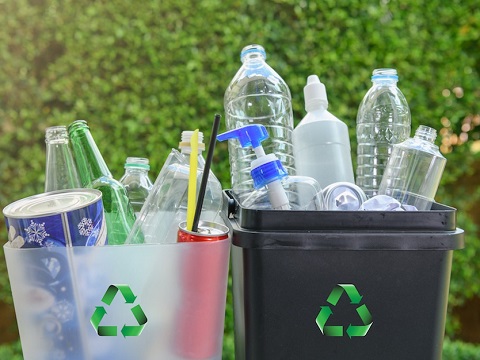Fiji is the first country globally to receive specialised equipment designed for a pilot project aimed at converting unsorted and uncleaned plastic into useful items.
This initiative, led by the Centre for Appropriate Technology and Development (CATD) is part of a broader effort to enhance waste management strategies in Fiji.
Rob Denney, a representative from CATD, confirmed this development in response to Deputy Prime Minister and Minister of Finance Biman Prasad’s recent parliamentary statement highlighting the urgent need for improved waste management in Fiji.
Mr Denney, in an email, emphasised that the CATD’s Zero Emissions Shipping Project was a significant step toward a more effective waste management system in the country.
He said the newly imported equipment would enable the processing of various types of plastic waste at local levels, such as villages, schools, and resorts.
“A large plant at Naboro which could convert all Fiji’s waste plastic, including the material that is already on site,” Mr Denney said.
“The process shreds, melts and compacts the mixed plastic, then sheathes it with a woven outer layer.
“In the attached pictures, the frisbees are sheathed in cotton, the large bowl and the small lengths of rod in flax, the small bowl in potato sack and the signpost and cricket stump in fibreglass.
“The rods, signpost and cricket stump are extruded, the rest are pressure moulded in low cost aluminium moulds.”
He said the items produced through this method exhibited consistent properties and could be customised further with additional wrapping.
One of the key advantages of this process is that the outer layers protect the underlying plastic from UV exposure, thus preventing its breakdown into microplastics.
The versatility in the size and shape of the products is also a notable feature of the technology.
Fiji’s initiative has already generated interest internationally, with confirmed orders for signposts to be exported to Australia.
” We have an order for sign posts to be exported to Australia and MOUs with various resorts and schools and local governments to supply plastic and buy product.
“CATD recycles all its kitchen waste, which generates 50 percent of the gas required to feed 112 students.
“We are also pioneering low-cost, village-suitable mud brick housing, glass crushers and composting toilets.”



